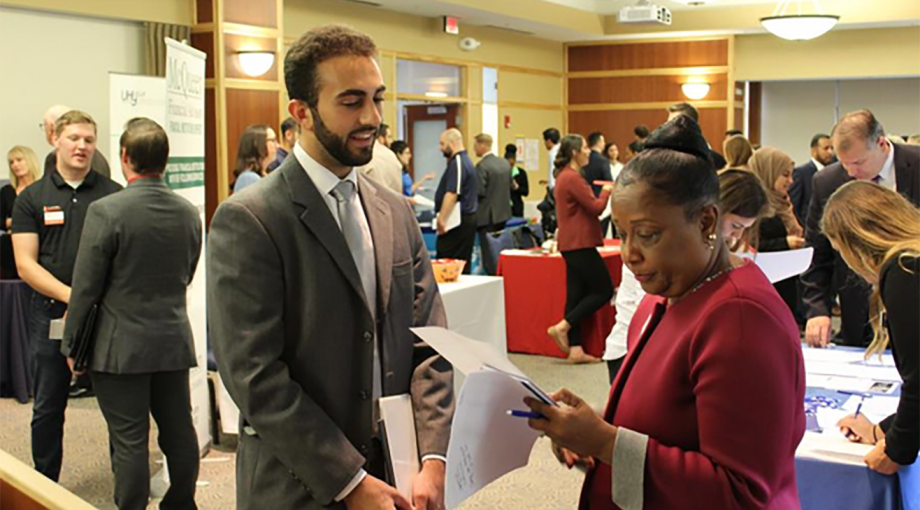Experience Plus

EXPERIENCE=SUCCESS
Experience. Most jobs require it. But how do you get it? Experience comes in many forms - your goal is to figure out how to translate what you do as a student to the career you want.
Our goal, as Experience+, is to support you as you learn and grow from all of your academic, personal and professional experiences. We connect students to opportunities across campus and around the world, encourage learning experiences outside the classroom, and promote individual professional development that includes self reflection and self-understanding.
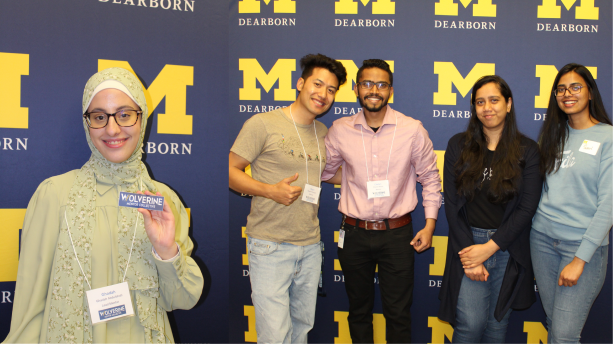
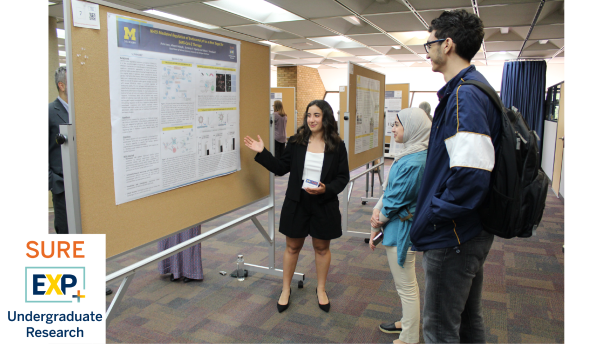
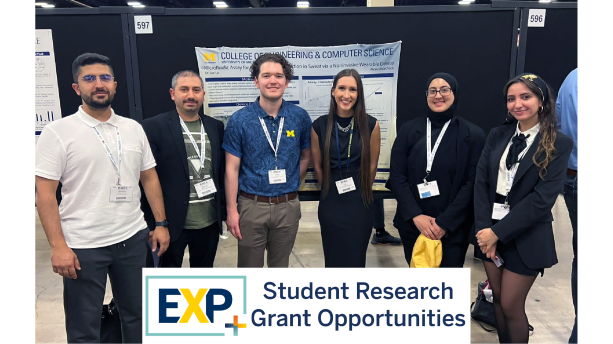
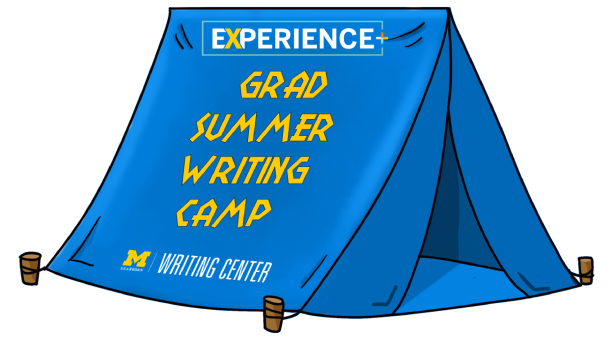
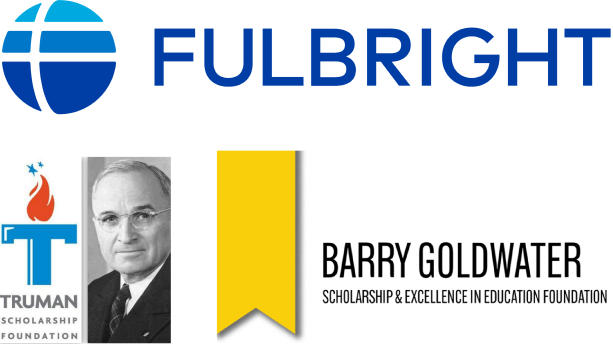
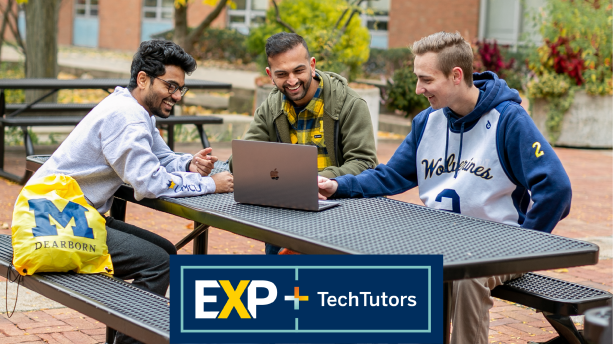
Connect with Experience+ Opportunities
In addition to all the great work conducted by our collaborating partners, Experience+ has also launched the following initiatives - a short description of each is below.
Experience+ provides independent research grants for undergraduate and graduate students including conference travel.
In addition, Experience+ supports the Summer Undergraduate Research Experience (SURE), and aims to grow and enhance the undergraduate research experience for UM-Dearborn students. The SURE program provides current students the opportunity to participate in individual research projects under the mentorship of faculty while learning about research-oriented careers.
To help students connect with faculty who have opportunities for student researchers, we created and maintain the Student Research Opportunities Board that launched Fall 2023! Students are able to search for projects relevant to their majors and/or skills and interests.
We encourage faculty who have research projects and are interested in mentoring students to fill out this short survey. This information will be used to populate the new Research Opportunities Portal.
Starting at a new campus can be challenging sometimes, and the Wolverine Mentor Collective (Wolverine MC) is available to enhance your student experience by connecting you to current UM-Dearborn Wolverines or alumni. This mentor is someone who is invested in your success and is ready to listen, inspire, and help you navigate challenges and recognize opportunities.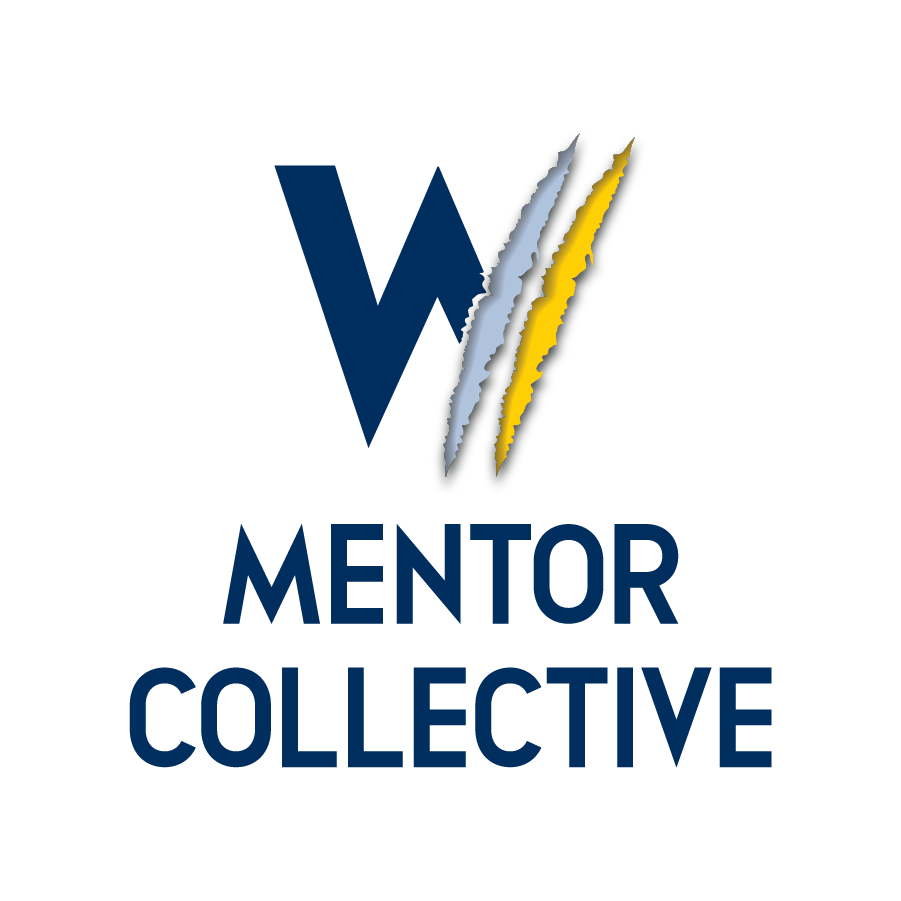
- Peer Mentoring Edition: new first year or sophomore transfer students are matched with upper level peer mentors who can help you acclimate to life at UM-Dearborn
- Professional Networking Edition: juniors and seniors in this program are connected with a UM-Dearborn alum who can help with career readiness and exploration
- Grad Student Edition: first year graduate students can connect with either a second year grad student or a UM-Dearborn alum to learn more about life at UM-Dearborn and make connections to alumni in your industry
Learn more and sign up for any of these programs on the main Wolverine MC page.
Wolverines@Work is a collaboration with Arizona State University and 10 other higher education institutions that focuses on re-imagining the student employee experience. This initiative, funded by a $1.5 million grant from the Strada Education Network, serves student employees by providing support technology, digital assets, stipends and administrative costs. This article in the UM-Dearborn Reporter, highlights this award.
Learn more about the professional development initiatives coming out of Wolverines@Work!
More Than A Single Story: UM-Dearborn Speaks is a digital storytelling project that recently received a $25,000 grant from the Coalition for Life-Transformative Education. This project will offer students a paid experience in media and other digital technologies that will allow them to explore their identities, purposes, and communities through self-reflective storytelling while challenging the myths about Dearborn, the Detroit Metropolitan area, regional commuter campuses, and the impact of COVID-19 on the region.
Read more about it in this article and visit the digital storytelling website to see this year's and last year's projects.
Experience Plus works to increase both the diversity and competitiveness of U-M students applying to major national scholarships and fellowships while helping all applicants to develop into self-aware leaders and citizens who have specific plans to challenge the present and transform the future.
UM-Dearborn’s Graduate Student Summer Writing Camp is an opportunity for Masters and Doctoral level students to develop their academic and professional writing through sustained peer writing support groups, team building, and working alongside faculty and staff writers.
To learn more contact [email protected]
Campus Partners
Our strength comes from the partnership between four key campus resources.
- Mardigian Library brings resources and experience teaching informational literacy and research skills
- Global Learning develops self-aware global citizens who can collaboratively address complex, borderless issues in a just and sustainable manner
- Career Services prepares students for the world of work as they integrate their academic learning with their professional aspiration
Experience+ also collaborates with the College Co-op and Internship Programs, who assist students in preparing for and finding work experience in their related fields.
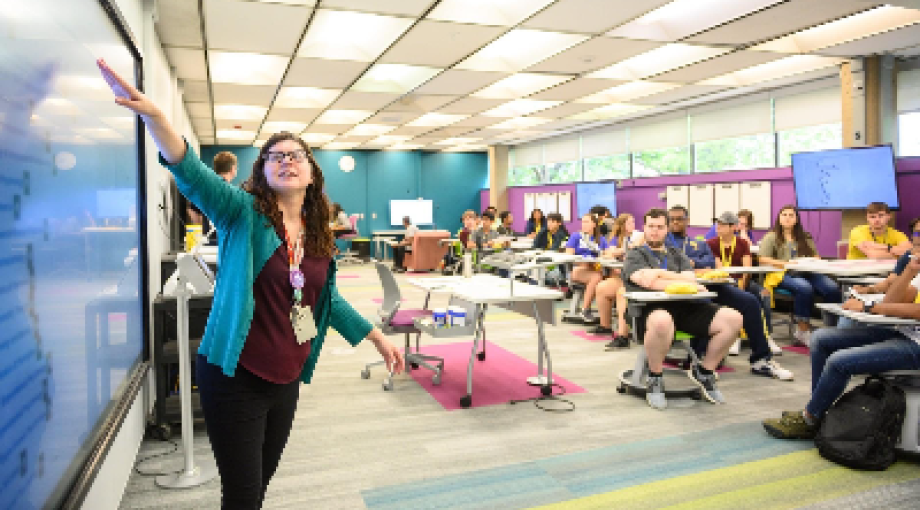
Mardigian Library
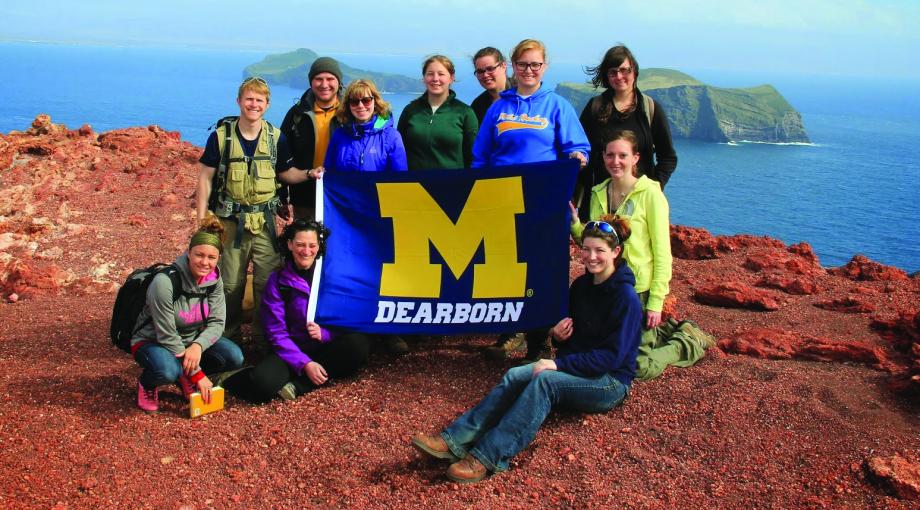
Global Education
